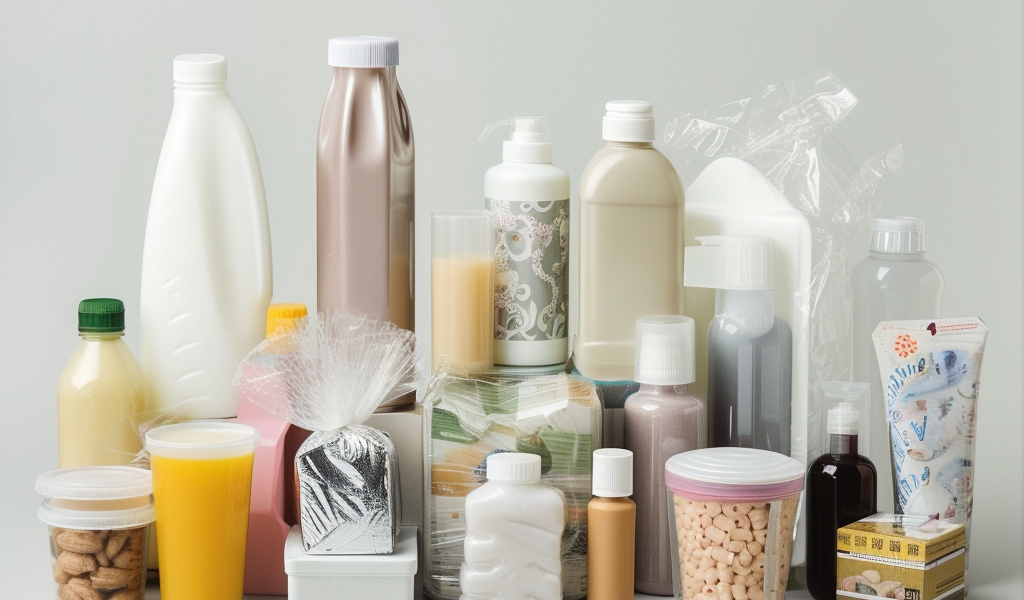Rise in Premature Births Linked to Synthetic Chemicals in Food Packaging and Personal Care Products
Premature births are on the rise, and a new study suggests that synthetic chemicals found in food packaging and personal care products could be a contributing factor. These chemicals, called phthalates, are commonly used in clear food packaging and various personal care items.
Phthalates, known as ‘everywhere chemicals’ due to their widespread use, have been shown to disrupt hormones and impact the functioning of the placenta, which provides oxygen and nutrients to a developing fetus in the womb. Lead author Dr. Leonardo Trasande, director of environmental pediatrics at NYU Langone Health, explained that phthalates can also lead to inflammation, further disrupting the placenta and potentially triggering preterm labor.
The study identified a specific phthalate, Di(2-ethylhexyl) phthalate (DEHP), commonly found in food packaging, as a significant contributor to preterm births. According to the research, DEHP and three similar chemicals could be responsible for 5% to 10% of all preterm births in the United States in 2018. This percentage translates to nearly 57,000 preterm births, costing the society nearly $4 billion in that year alone.
However, Alexa Friedman, a senior scientist of toxicology at the Environmental Working Group, pointed out that people are often exposed to multiple phthalates from various products, potentially increasing the risk of preterm birth beyond the scope of the study’s individual chemical focus.
Phthalates are commonly used in food packaging, including plastic wrap for preserving meat and liners of some milk and juice containers. The widespread use of these chemicals has raised concerns about their potential impact on public health.
The American Chemistry Council, an industry trade association for US chemical companies, emphasized that not all phthalates are the same and cautioned against grouping them together as a class. They highlighted the structural and toxicological differences among various phthalates, disputing the direct causation suggested by the study.
With approximately 8.4 million metric tons of phthalates and other plasticizers consumed globally each year, the study’s findings shed light on the potential health implications of these ‘everywhere chemicals’ and their widespread presence in daily consumer products.





